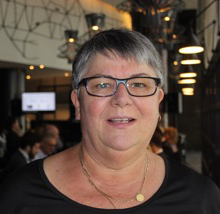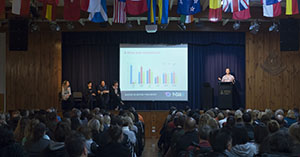ABC TV journalist Emma Alberici speaks to social psychology expert and Associate Professor of Marketing at New York University’s Stern School of Business Adam Alter and Professor at the School of Computing and Information Technology at the University of Wollongong Katina Michael about how apps are tailor-made to encourage addiction.
EMMA ALBERICI: I’m joined now from New York by Professor and author Adam Alter, he’s the author of Irresistible, the book examining our growing addiction to technology. Katina Michael is here with me in the studio, she’s Professor at the School of Computing and Information Technology at the University of Wollongong, specialising in online addiction. … Adam, how addicted are we to technology? Well, you heard a bit about it earlier on. We are greatly addicted. There was a massive study that was run in 2011, so that’s now some years ago, showing that about 41 per cent of the adult population had some form of behavioural addiction and the suggestion is that now that is probably up around 50 per cent. And Katina, is there a particular demographic or sex that is more vulnerable than another?
KATINA MICHAEL: I think our studies have shown that anyone over 14 and under 55 are as prone, for instance, to smartphone addiction. So we are all copying each other and it looks [like] normalised behaviour and given our parents are using more, children are using more and they are copying and mimicking.
EM: What constitutes addictive technology Adam, assuming it doesn’t include making calls on your phone?
AA: No that’s right, most of what goes on, on screens, so it’s the screen component of the phone that’s so difficult for us to resist. And that’s because screens can deliver all sorts of interesting rewards to us, that draw us in and that keep us engaged over time. So things like games, email, social media, texting is a big one as well. So those are just some of them. There is also shopping. Fitness devices. It’s a pretty big range of behaviours.
EM: And what do you think are the long-term consequences, negative clearly of this addictive behaviour? I mean drug addiction and gambling addictions, we know what those obvious consequences and impacts are. Katina what is the problem with being on our phone so much?
Read more
 Helicopter parents take an overactive and excessive interest in their child’s life.
Helicopter parents take an overactive and excessive interest in their child’s life.

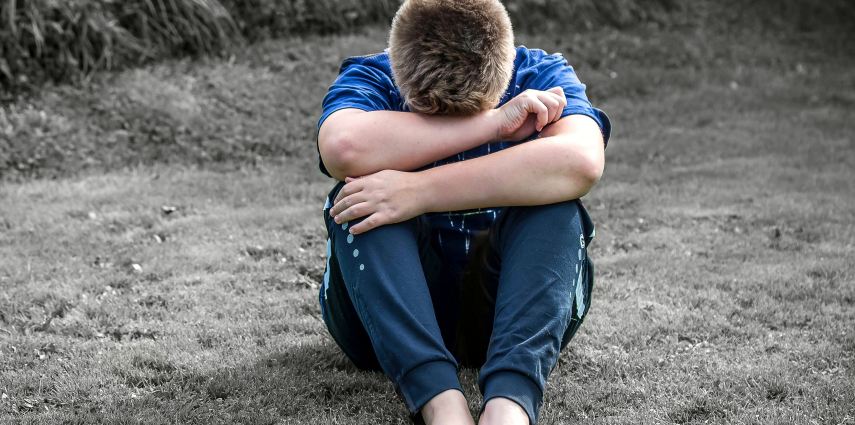
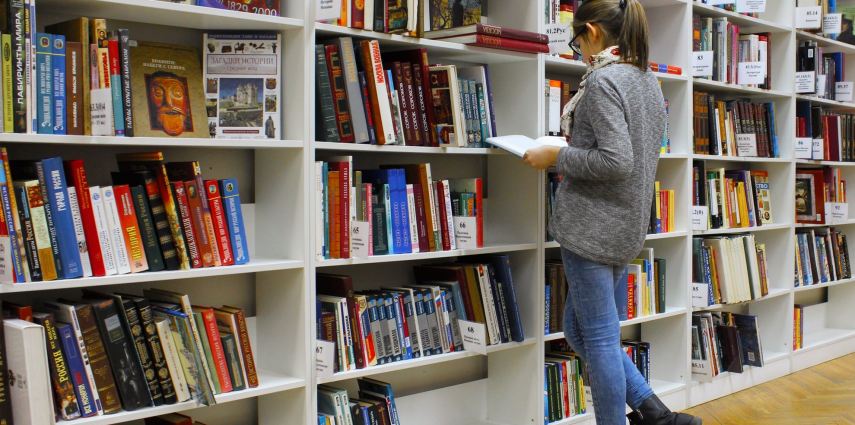



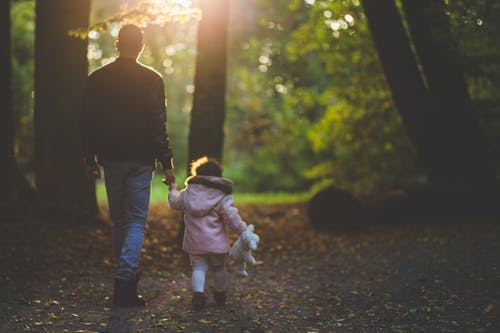

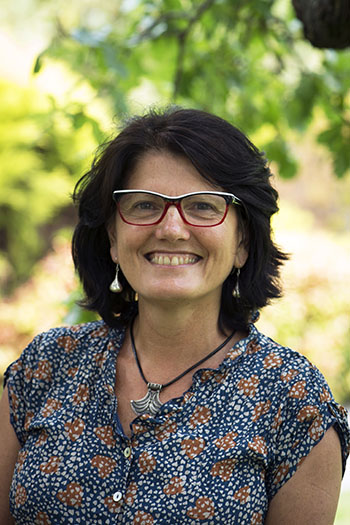

 Clare Bowditch: There are many things in life that we spend lots of time worrying about, but for those of you who have children I am assuming that you’re something like me and you spend a fair bit of your time wondering “How do I give these kids what they need in order to become the kind of adults that I know they can be?” It’s a question educators like Steve Biddulph have been asking for some decades now. You might know him as the author behind the million selling book,
Clare Bowditch: There are many things in life that we spend lots of time worrying about, but for those of you who have children I am assuming that you’re something like me and you spend a fair bit of your time wondering “How do I give these kids what they need in order to become the kind of adults that I know they can be?” It’s a question educators like Steve Biddulph have been asking for some decades now. You might know him as the author behind the million selling book, 

